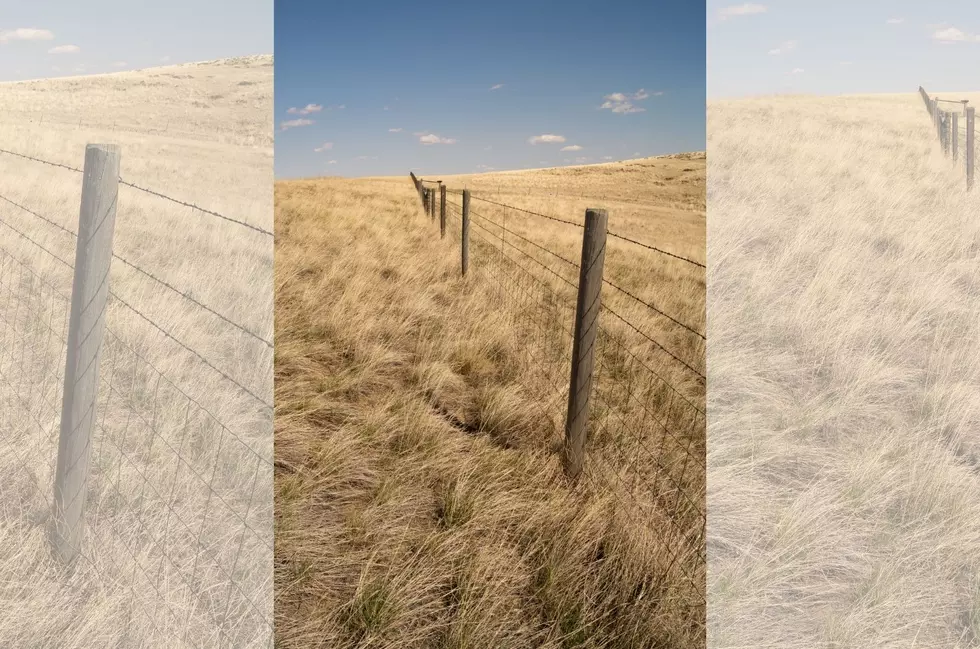
Six Ghost Towns Are Lost Submerged Under Red Rock Reservoir in Iowa
Six major floods led to the formation of Iowa's largest lake. When it became reality, the histories of six towns would be buried in the process.
According to the U.S. Army Corps of Engineers, floods in 1851, 1859, and 1903 were among the reasons for Flood Control Acts in the late 1930s and mid-1940s. While studies went on, the Des Moines River continued to flood. It happened again in 1944, 1947, and in 1954.
In 1960, work on the Red Rock dam started. Red Rock Lake would soon be borne, with construction on the dam completed in 1969.
Located west of Pella and north of Knoxville in Marion County, Red Rock "has the largest contiguous public land base in the state of Iowa at approximately 38,000 acres and an additional 15,250 acres of water, creating the largest lake in Iowa." What most people don't know is that the area covered by Lake Red Rock had once been home to six Iowa towns.
According to Marion County, the towns were Coalport, Cordova, Dunreath, Fifield, Red Rock, and Rousseau. The below image shows where each was located and below that is information about each one as well as historic photos from several of the towns.
Coalport was discovered in 1842 and platted in 1857. Marion County's first coal was mined there for ships going by on the Des Moines River. The town met its demise after the Des Moines River changed course in 1903.
Cordova was platted by a railroad in 1887. It would have nearly a dozen businesses, including a newspaper, bank, and two stores, one of which is in the picture below. Cordova would be abandoned completely in the early 1960s.
Dunreath was mapped out in 1882. The Wabash Railroad would form the Red Rock Mining Company there and in less than a decade its population had swelled to well over 400. The town would be no more in the 1940s but the White Walnut school (below) stayed open until 1955.
Fifield was known as the Whitebreast settlement. It began in the 1840s and would last nearly a century, until the 1930s. One of the town's two general stores is below. It also had a variety of other businesses, including a creamery that made butter which the Wabash railroad shipped to other areas.
Fifield was also home to the Whitebreast School which endured for 108 years from 1851 to 1959.
Red Rock came to life with a trading post in 1842. It was not until the Corps of Engineers bought land for Lake Red Rock in the 1960s that the town will fail to exist. In 1843, the Red Rock Line was very near the town. That line separated the territories of Indians and the white man.
By 1845, the town was laid out. It would be one of the victims of the 1851 flood but would recover. The town was home to a doctor, four sawmills, a general store, a book store, a drug store, and a church. A post office and school were built in 1857. Like the schools in Dunreath and Fifield, it would endure for over 100 years. Of all the old towns that lie under Lake Red Rock, the town of Red Rock lasted longer than any other.
Rousseau was mapped out as a town with 99 lots in 1850. The town would eventually have a ferry, allowing horse-drawn wagons to cross the Des Moines River. The town would get a post office in 1873, something it would enjoy for three decades. In 1884, the town had 200 residents and was part of a post office route that went from Knoxville to Rousseau, Red Rock, and Otley. The mail was delivered three times each week on the route that took an entire day to complete by horse.
Lake Red Rock is much more than a huge body of water for fun and recreation. There's a lot of history underneath it.
Famous declassified government secrets
More From Quick Country 96.5









